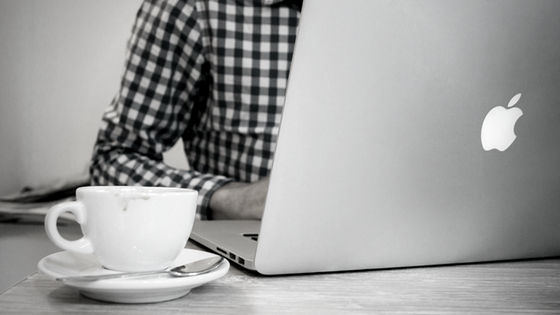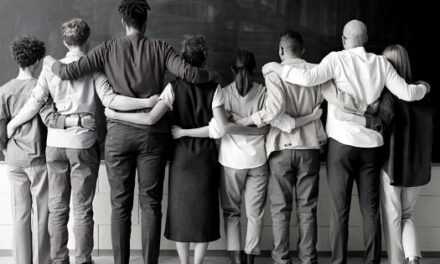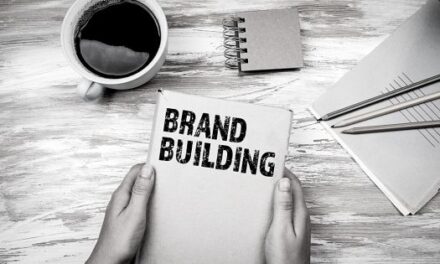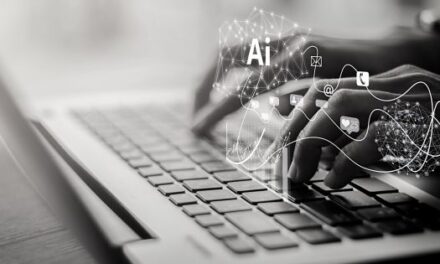Bias is natural but it can easily seep into everyday life and hiring is one place where it can do severe damage.
Bias is everywhere. Once you delve below the surface, you start to realise that a considerable amount of human action is due to varies types of bias. Bias is hardwired into humanity, we evolved with it and since then every time we enter a room our internal biases create a model of our surroundings. This is cool, but what does this actually mean and how does it affect hiring?

The Oxford dictionary defines Bias as the “Inclination or prejudice for or against one person or group, especially in a way considered to be unfair”. Conscious bias exists, and this is usually what we describe as prejudice, this is the most apparent bias which makes it the best and easiest to deal with effectively. It’s rare to find a company that doesn’t have an active procedure in place to deal with prejudice. Bias becomes a serious issue when it’s unconscious. Unfortunately, it’s natural. Psychologists explain that our unconscious biases are merely our ‘people preferences’ and we naturally favour those who look like us, sound like us and are interested in the same things.
We make snap judgements constantly, and these are often based on a phenomenon called heuristics, which is when we use a small piece of information to make a decision.
Try this example out:
If together pen and pen lid cost £1.10 and a pen costs £1 more than a pen lid. How much is a pen?
This example doesn’t work as well by text, but when people listen to this example, 90% get the wrong answer. It’s because we naturally take the easiest option and in this case, the easy choice is to see the £1.10 and price the pen lid at 10p, but then if you add this up it obviously doesn’t work, since the pen lid can only cost 5p.
Unconscious bias in the hiring process can seriously affect a companies ability to build the best team, hire the right people or reach it’s potential. We know that diversity makes companies better one of the most significant obstacles to a diverse company is hiring people who are like us. Diversity doesn’t necessarily mean demographics (although this is significant), hiring people that think like us with similar worldviews is just as damaging
How can we overcome bias?
Unconscious bias can be incredibly pernicious to hiring as it’s very hard to spot at the moment of hiring and only becomes obvious when looking at a larger data set of hiring. Even this can be tricky. Take the famous case from UC Berkley in 1973 (https://www.refsmmat.com/posts/2016-05-08-simpsons-paradox-berkeley.html), where the data seemed to show that women were less likely to be accepted. However due to a statistical phenomena called the Simpsons paradox (https://en.wikipedia.org/wiki/Simpson%27s_paradox) this proved to be a false positive and that in fact it were men receiving the bias.
How to we address a problem when it is so hard to uncover? The simplest and best solution is assume that it is always happens. If we assume, that in every hiring process that we go in to there is going to be unconscious bias, then it becomes easier to eliminate it. Using methods, techniques and technology across the entering process is the best way to start eliminating bias.























